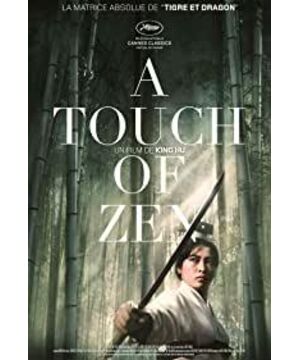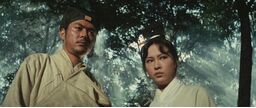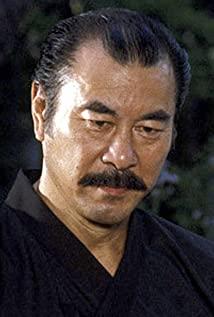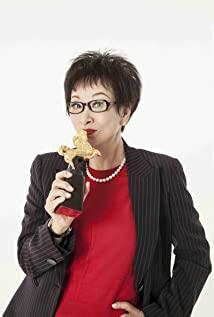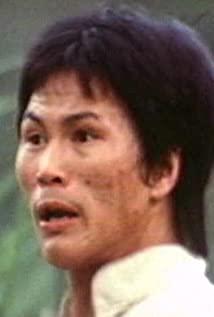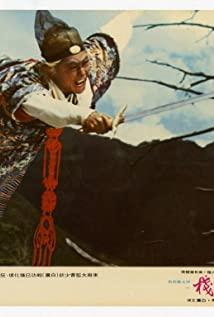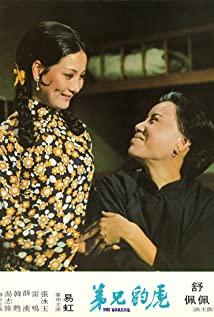The great thing about living in a big city is that there are film festivals.
This Beijing Film Festival I saw four films, one each from China, Japan, South Korea and the United States. It was not a deliberate choice, but it happened to form a familiar country combination. The Chinese film is "Chivalrous Girl", the masterpiece of a Taiwanese director. In the 1970s, facing the ink painting on the big screen, Hu Jinquan took me to the classical Ming Dynasty.
The story was born out of Pu Songling's short ghost story. The film tells the story of Zhongliang who got the help of a scholar to avenge his father, but the director obviously has bigger intentions.
During the period of the Republic of China, the study of Ming history flourished, and after 1949, this trend continued unabated in Taiwan. Hu Jinquan made great efforts, which can be seen from the clothing. In the film, the dress of the Dongchang employees is very attractive. The red color is rich and restrained, the tones are full and not extravagant, and the pace is steady and majestic. Orientals have big heads and different body proportions from Westerners, but oriental men in ancient costumes are handsomer and more handsome than Westerners, which is a change in temperament brought about by clothing. Thinking of some people in the circle of friends learning Japanese kendo, whether men or women wear culottes and hold a sharp blade, they will increase their momentum. Compared with the Japanese samurai clothes, I think the long gowns of the East Factory flags are more powerful.
Ancient scholars also wore long gowns, and Kong Yiji did not take off his dirty gowns in order to distinguish himself from the short-clothed gang. At present, the performance costumes in the traditional quyi world are still cheongsams. At the beginning, the purpose was to flaunt their identity and move closer to the cultural people, and the inferior people know what is good or bad. During the Republic of China, the big gangster leaders in Shanghai were all dressed in long gowns and polite, and the reason was the same.
In the film, the scholar Gu Xingzhai is not interested in fame and fame. When a strong enemy comes, he does not flinch but asks Ying to save everyone. The chivalrous woman is affectionate and righteous, capable and steady. Han Feizi said: Confucianism violates the law by means of writing, and chivalry violates prohibition by means of martial arts. The spirits of Confucianism and chivalry are interlinked. It's just, but in the face of the pursuit and killing of the powerful Dongchang factory, the weak and the scholars can also rise up to resist, and if they succeed, I am afraid it can only be regarded as a ghost story. Fortunately, the director discussed another topic in the second half - Zen.
The monk in the film appeared and disappeared from time to time, but in the end he seemed to be the protagonist, and the audience could not see it clearly. Zen represents the liberation and release of the state of mind. In the end, the villain did not listen and died at the hands of the monk. The monk was injured and shed golden blood, pointing out the whereabouts of everyone.
The monk is the incarnation of breaking the "ego", and the whole story may be a dream of a scholar. By the way, the English name of the film is "A touch of zen" ("Contact Zen").
The defeat of the national army brought along the imagination and nostalgia for classical China.
View more about A Touch of Zen reviews


